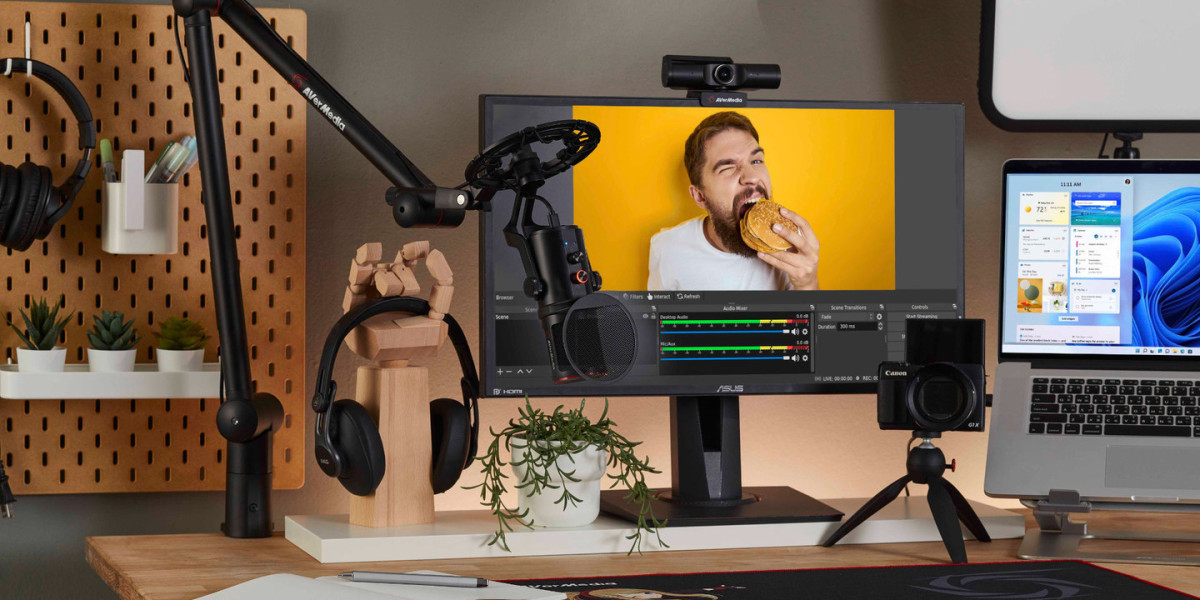Life in the 21st century is busy, demanding, and often overwhelming. Between work deadlines, family responsibilities, and digital distractions, people struggle to find balance. Yet, living a healthier and more fulfilling lifestyle does not always require major changes—sometimes it’s about small, consistent steps that gradually improve well-being.
Prioritizing Health
The foundation of any lifestyle is physical health. Regular exercise, a balanced diet, and proper sleep are crucial. It is easy to sacrifice these essentials when life gets busy, but neglecting them eventually leads to stress, fatigue, and illness. Even simple routines like a 20-minute daily walk, drinking more water, and avoiding processed food can make a noticeable difference.
Mental health is equally important. Practices such as mindfulness, meditation, and journaling help reduce stress and improve focus. In a world full of noise and constant notifications, creating moments of silence is a gift to yourself.
Managing Time Wisely
Time management is another key factor in lifestyle improvement. Many people overcommit, leaving no room for rest. Learning to say no to unnecessary obligations and setting boundaries allows more time for things that truly matter.
Using tools like digital calendars or productivity apps can help, but discipline is the real skill. Scheduling breaks, leisure activities, and family time is just as essential as scheduling work.
Nurturing Relationships
A fulfilling lifestyle is not built on success alone—it also requires meaningful human connections. Studies show that strong relationships improve both happiness and longevity. Investing time in family dinners, friendships, and community activities builds emotional support and resilience.
Equally important is surrounding yourself with people who encourage growth rather than negativity. Positive social circles can inspire healthier habits and more ambitious goals.
Balancing Work and Personal Life
With remote work and the rise of the gig economy, the line between personal and professional life has blurred. While flexibility is a benefit, it also increases the risk of burnout. Establishing clear boundaries—like defined work hours and screen-free evenings—helps restore balance.
Employers and employees alike benefit from a healthier approach. Productivity often increases when workers are not overextended, proving that balance is not a luxury but a necessity.
Personal Growth and Hobbies
Beyond responsibilities, a well-rounded lifestyle includes personal growth. Reading, learning new skills, or engaging in hobbies can refresh the mind and foster creativity. Whether it’s painting, gardening, or learning a language, hobbies provide joy and reduce stress.
Traveling, when possible, is another enriching lifestyle choice. Exploring new places exposes you to different cultures, perspectives, and ideas, helping you grow as an individual.
Conclusion
A balanced lifestyle does not mean living a perfect life. It is about making intentional choices that improve health, relationships, and happiness over time. By focusing on physical and mental well-being, managing time wisely, and cultivating personal growth, anyone can create a lifestyle that feels both productive and fulfilling.
The challenge of the modern world is constant busyness—but with mindful adjustments, balance is achievable, and with balance comes greater joy.




